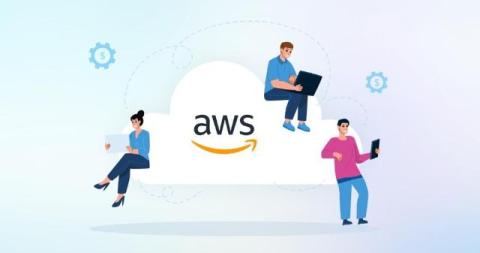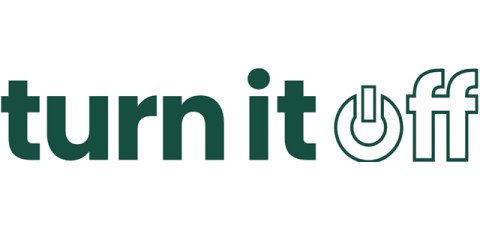How HighRadius Engineers Use CloudZero To Make Smart Choices
HighRadius is a FinTech company that specializes in using automation to make financial management easier. So naturally, RamKishore Middela, assistant vice president of cloud engineering at HighRadius, recognizes more easily than most the benefits of automating his company’s cloud cost management with CloudZero.











